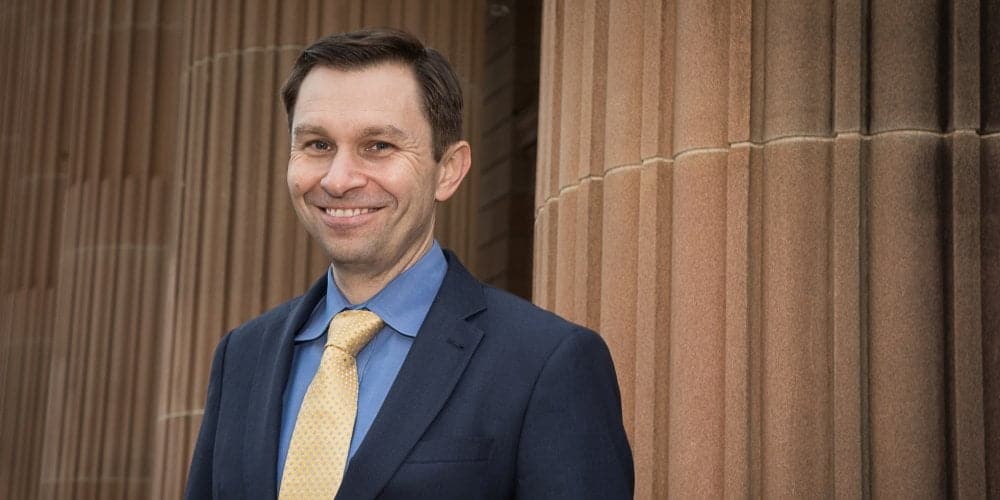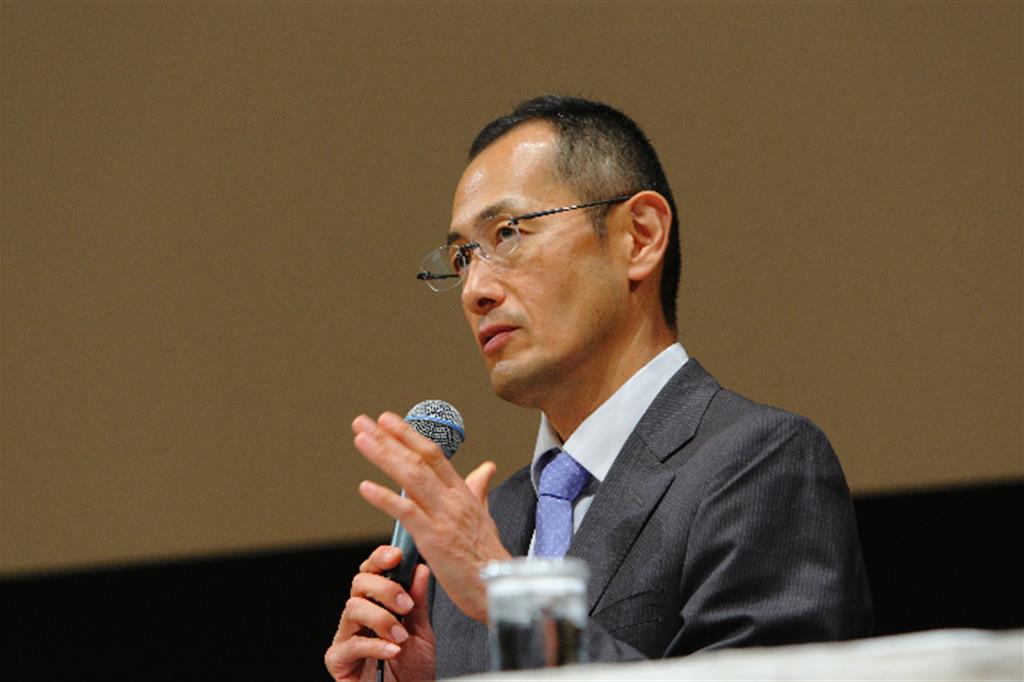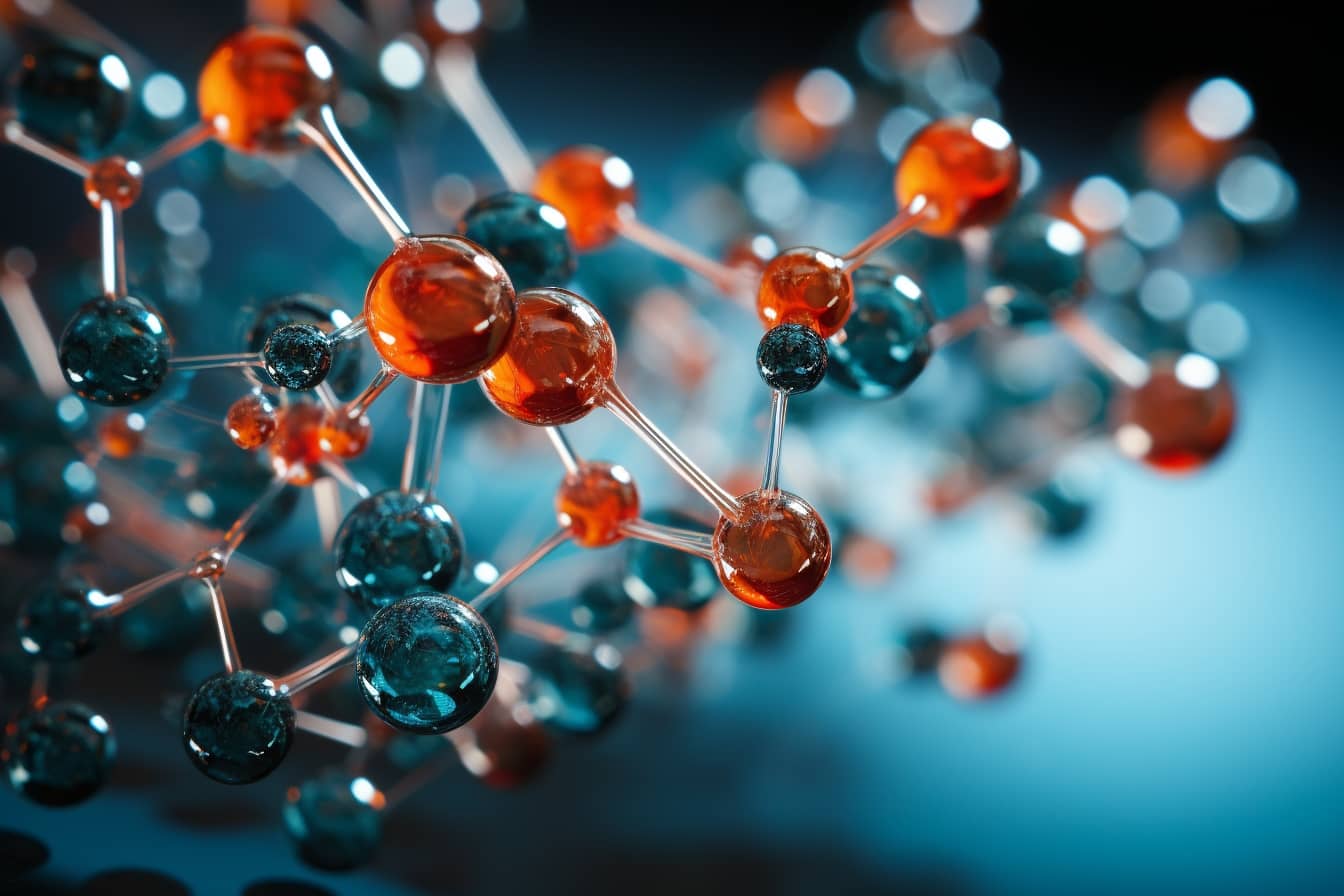Time has always been an unforgiving tyrant. One day that may not be the case anymore. A team of scientists from Harvard (and beyond) has been around us for years, and now they have announced a discovery that could change our perception of aging. Researchers have identified six “chemical cocktails” that can apparently revert human and mouse cells to a younger version of themselves, and effectively reverse aging by “several years.”
A cocktail for eternal youth
How exactly do these chemical cocktails that Harvard says may be able to reverse aging work? According to scientists, they act on a molecular level by influencing the expression of genes in cells. In particular, it appears that they can 'turn on' certain genes that normally become less active with age, returning cells to a more youthful and vital state.
Each of these cocktails is a blend containing 5 to 7 agents, many of which are already individually known to treat other mental and physical ailments. The real news, of course, is the fact that blended together these agents may hold the key to stopping and even reversing the aging process.
It starts in 2024
The announcement is from Dr. David Sinclair (we've been following for a few years his researches and his statements on the topic). Molecular biologist at Harvard Medical School and co-author of the study that I link to you here, Sinclair said human trials could begin within the next year. She shared the discovery on Twitter, calling it a step towards "total body regeneration at an affordable price."

Reverse aging, not everyone is convinced
Despite the research team's (no doubt contagious) enthusiasm, other scientists, including a Harvard professor himself, have preached caution, calling the study "preliminary." Of course, it is the same caution that should be exercised especially in relation to the accessibility of these treatments.
After all, previous attempts to reverse aging were only possible through an expensive and labor-intensive method called gene editing. If that process had been commercialized, it could have cost millions of euros. Knowing that a much cheaper method could achieve extraordinary results raises doubts about its mass diffusion, rather than its effectiveness.
Reversing aging, how close are we to the finish line?

This research builds on previous studies of anti-aging genes. In particular, the discovery that the expression of specific genes, called Yamanaka factors, could convert adult cells into young cells. Today Yamanaka is part of the "dream team" of Altos Labs, the company founded by Jeff Bezos to lengthen the human life span that only in 2022 had set this goal within the 20 years.
If the findings of this study prove valid, we may be on the threshold of a new era in the fight to reverse aging. A timing more in line with forecasts by Ray Kurzweil, who "sees" the beginning of human "immortality" starting from 2030.
In any case, let's curb our enthusiasm and wait to know if these solutions are for everyone, and are effective: you don't want to end up like Dorian Gray, do you?


